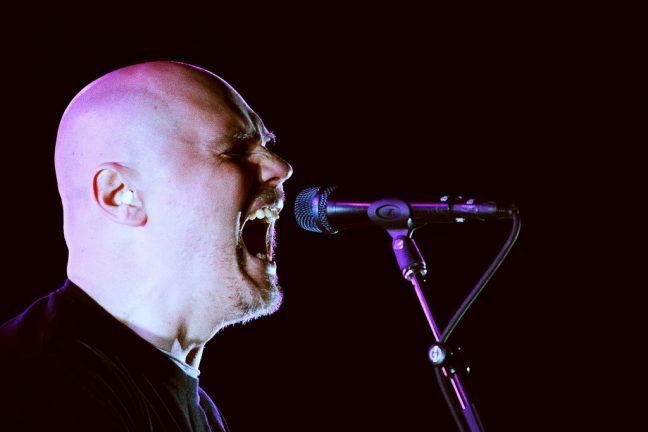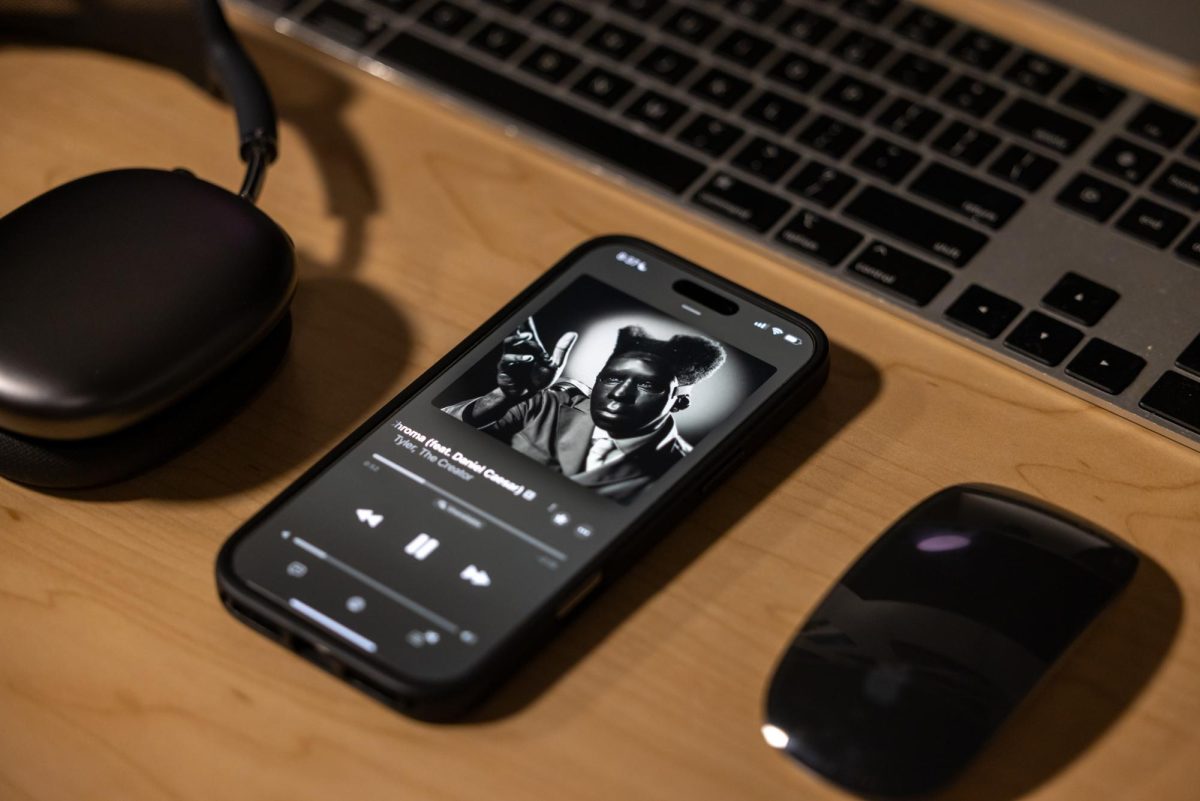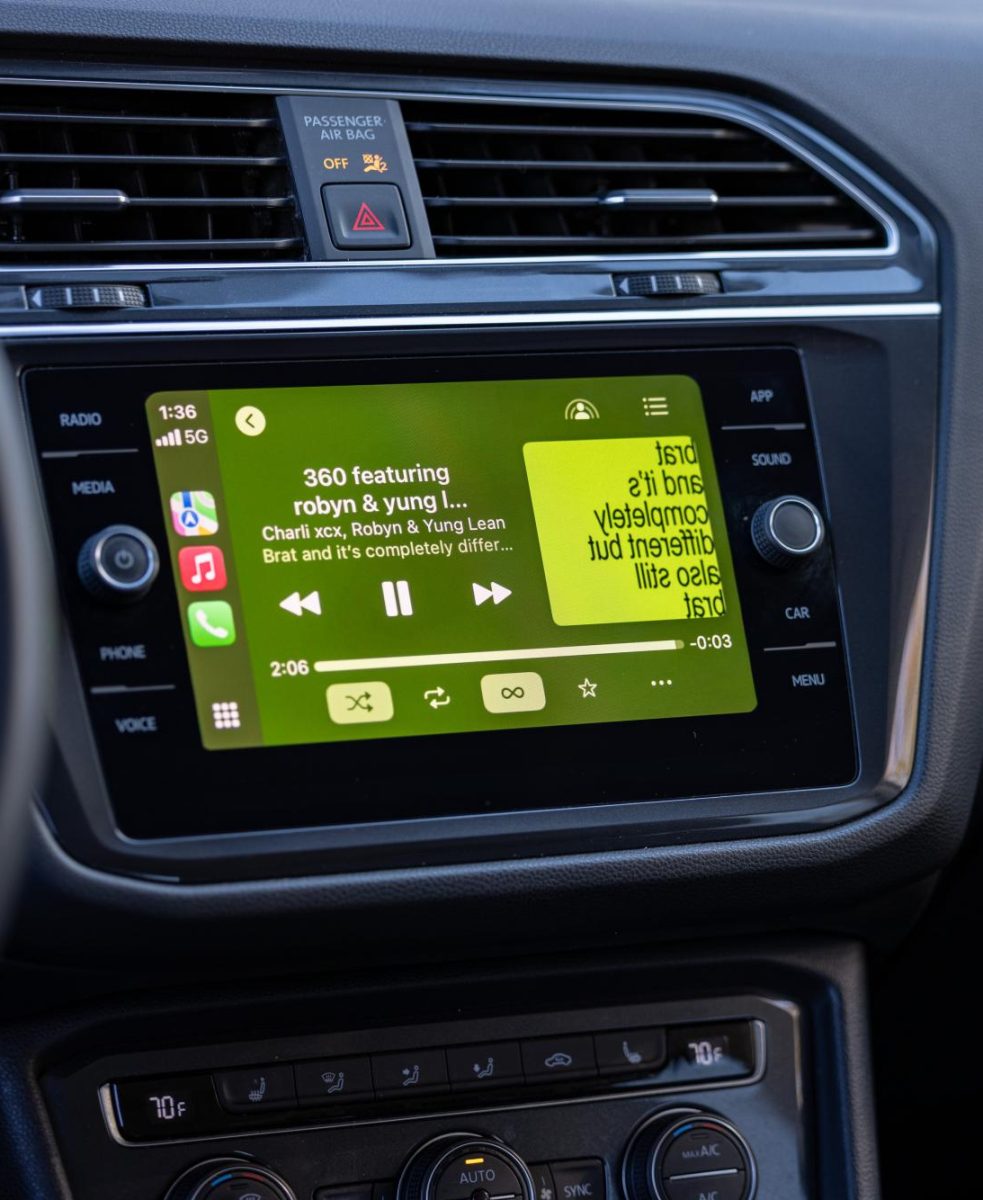Smashing Pumpkins frontman Billy Corgan reinvented himself in his recent solo album Ogilala, released Oct. 13 under his legal name, William Patrick Corgan.
Ogilala is the artist’s second solo project, but the first under his real name. The album is also the first work — both with the Smashing Pumpkins and solo — Corgan has released since the birth of his son, Augustus Juppiter Corgan, in 2015.
With that context in mind, Ogilala definitely feels like a “dad album” of sorts. The acclaimed grunge rocker trades in his typical harsh vocals and melancholy lyrics for softer tones and more hopeful imagery. His son is even featured in the album art.
While Corgan’s voice will always have a distinct flair that not even crooning imitators at open mics can perfect, he opted for longer notes and more composed vocals rather than his typical style of distortion. That, paired with the crisp production quality, made the album feel like it came from an entirely different artist.
Corgan also chose to keep it simple with instruments — only acoustic guitar, piano and much gentler synths. This more refined and simple take on alternative rock puts more emphasis on the kind of moody, lyrical poetry Corgan has trademarked over the years.
The subject matter also feels more mature, as Corgan reflects on the scars he’s received, his own personal growth and deliverance, through romantic metaphors and biblical references.
As both a songwriter and poet, Corgan develops imagery through profound descriptions of how he views the world. This can be seen clearly through the fifth track, “The Long Goodbye,” with lyrics like “While they fill my skies with junk/Still celestial bodies spinning out the sun/I’ll bring in your deliverance as one.”
ODESZA collaborates with multiple artists on latest record to create escapist listening experience
With lyrics that seem to linger long after the music has stopped, Ogilala feels indescribably poetic. Yet simultaneously, the album feels somewhat empty and directionless. At times, his grandiose descriptions are difficult to interpret or understand.
Corgan pleads for redemption in “The Long Goodbye,” with lyrics such as “Cause faith ain’t enough/For as God’s my pilot/I need Him to make the chance/To round my escape from this aisle.” The lyrics feel relatable, albeit out of character, for Corgan.
“Archer” reflects similar feelings, as Corgan gets personal about his quest for love and happiness. Never quite feeling emotionally grounded, Corgan expresses “Be thorn/Be hope/Be monstrous/Right there where you are.” The complexity of the emotions he’s experiencing throughout “Archer,” as Corgan faces fears head-on, feels heartfelt and real.
Arguably, Corgan in Ogilala is the most delicate we have seen him to date.
Corgan’s tenderness throughout the album, without his typical distorted, grunge lure, makes the sound he developed feel more reminiscent of Nick Drake than 1991 Smashing Pumpkins (or even 2014 Smashing Pumpkins, for the record). While not outwardly bad in any capacity, it feels almost sacrilegious at times to hear Corgan in this light.
What is abundantly clear throughout the LP is that Corgan is still the dreamer he was as we saw him through the Smashing Pumpkins’ LP Mellon Collie and the Infinite Sadness. Only now does he have less angst, and has had time to reflect further and come to terms with these feelings, it seems.














